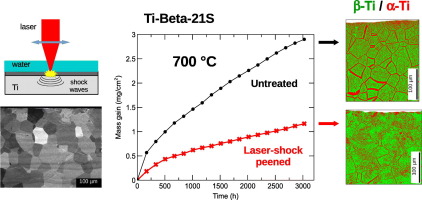
Titanium felt is a type of material that has excellent high-temperature resistance. Industries commonly use it in various applications where high temperatures are present.
One of the key properties of titanium felt is its ability to withstand temperatures up to 1100°C. This makes it ideal for use in high-temperature environments such as furnaces, kilns, and reactors.
Titanium felt is also highly resistant to corrosion and oxidation. This indicates that it does not degrade or corrode when used in harsh chemical environmentsThis makes it ideal for use in the chemical and petrochemical industries.
Another advantage of titanium felt is its high strength-to-weight ratio. It is much stronger than steel, yet weighs significantly less. This makes it ideal for use in aerospace and other industries where weight is a critical factor.
Titanium felt is also highly flexible and can be easily formed into a variety of shapes and sizes. This makes it ideal for use in a wide range of applications, including gaskets, seals, and insulation.
In addition to its high-temperature resistance, titanium felt also has excellent thermal conductivity. This means that it can transfer heat quickly and efficiently, making it ideal for use in heat exchangers and other thermal management applications.
Overall, titanium felt is an excellent material for use in high-temperature environments. Its combination of high-temperature resistance, corrosion resistance, strength, and flexibility make it an ideal choice for a wide range of industrial applications.
An Ideal High-Temperature Insulation Material
One of the main advantages of titanium felt is its ability to withstand high temperatures. It maintains its insulating properties without degradation or loss when used in temperatures up to 1100°C. This makes it an ideal choice for use in furnaces, kilns, and other high-temperature applications.
Another advantage of titanium felt is its excellent thermal insulation properties. It has a low thermal conductivity, which means that it can effectively prevent heat transfer. This feature of titanium felt makes it an ideal material for applications where heat containment or control is necessary, such as insulation.
Titanium felt is also highly resistant to corrosion and oxidation. This indicates that titanium felt does not degrade or corrode when exposed to harsh chemical environments. This makes it an ideal material for use in the chemical and petrochemical industries.
In addition to its high-temperature resistance and insulation properties, titanium felt is also lightweight and flexible. Titanium felt’s ease of shaping and forming into a variety of shapes and sizes makes it an ideal material for a wide range of applications.
Overall, titanium felt is an excellent material for use in high-temperature insulation applications. Its combination of high-temperature resistance, thermal insulation properties, corrosion resistance, and flexibility make it an ideal choice for a wide range of industrial applications.